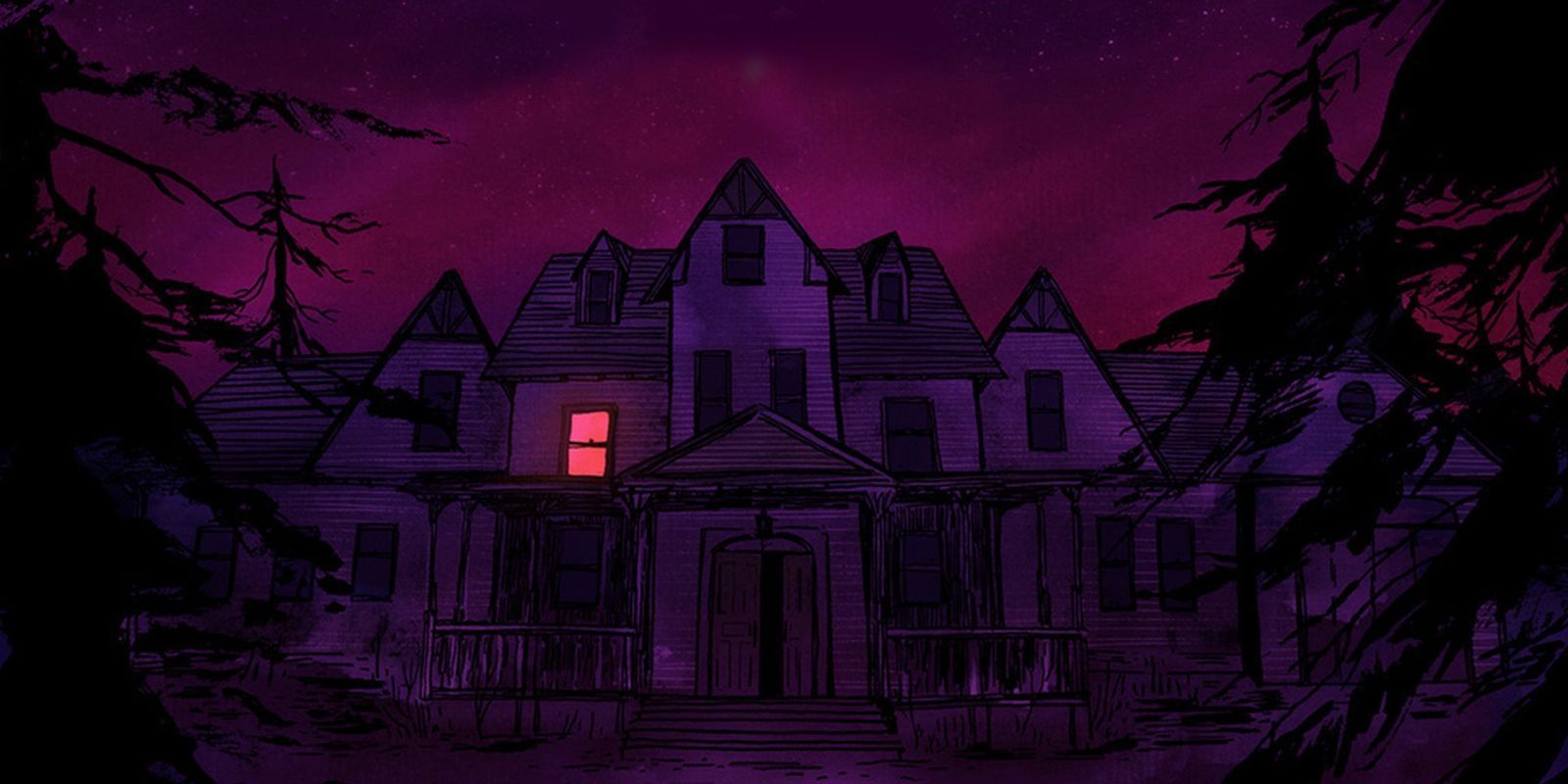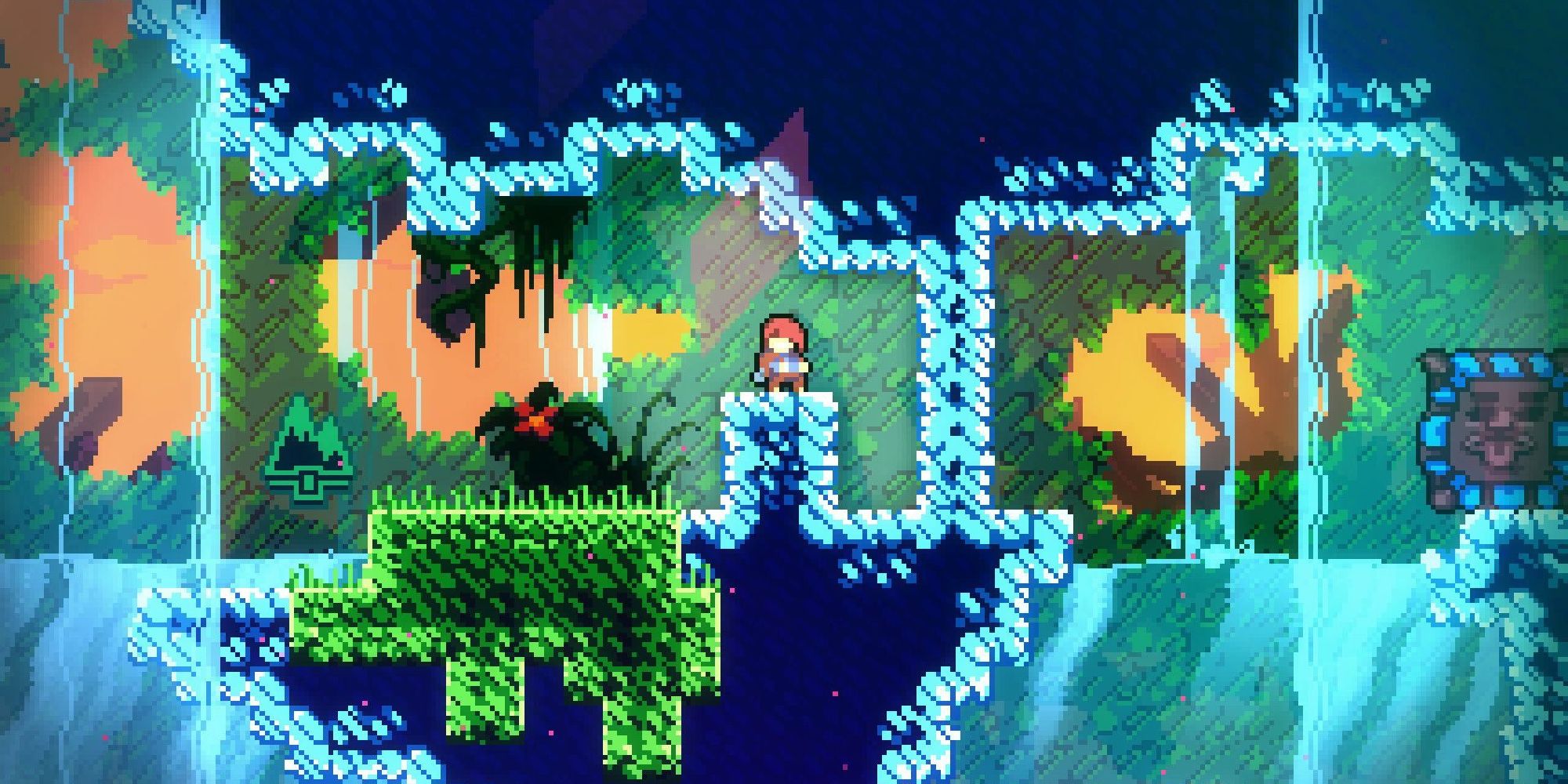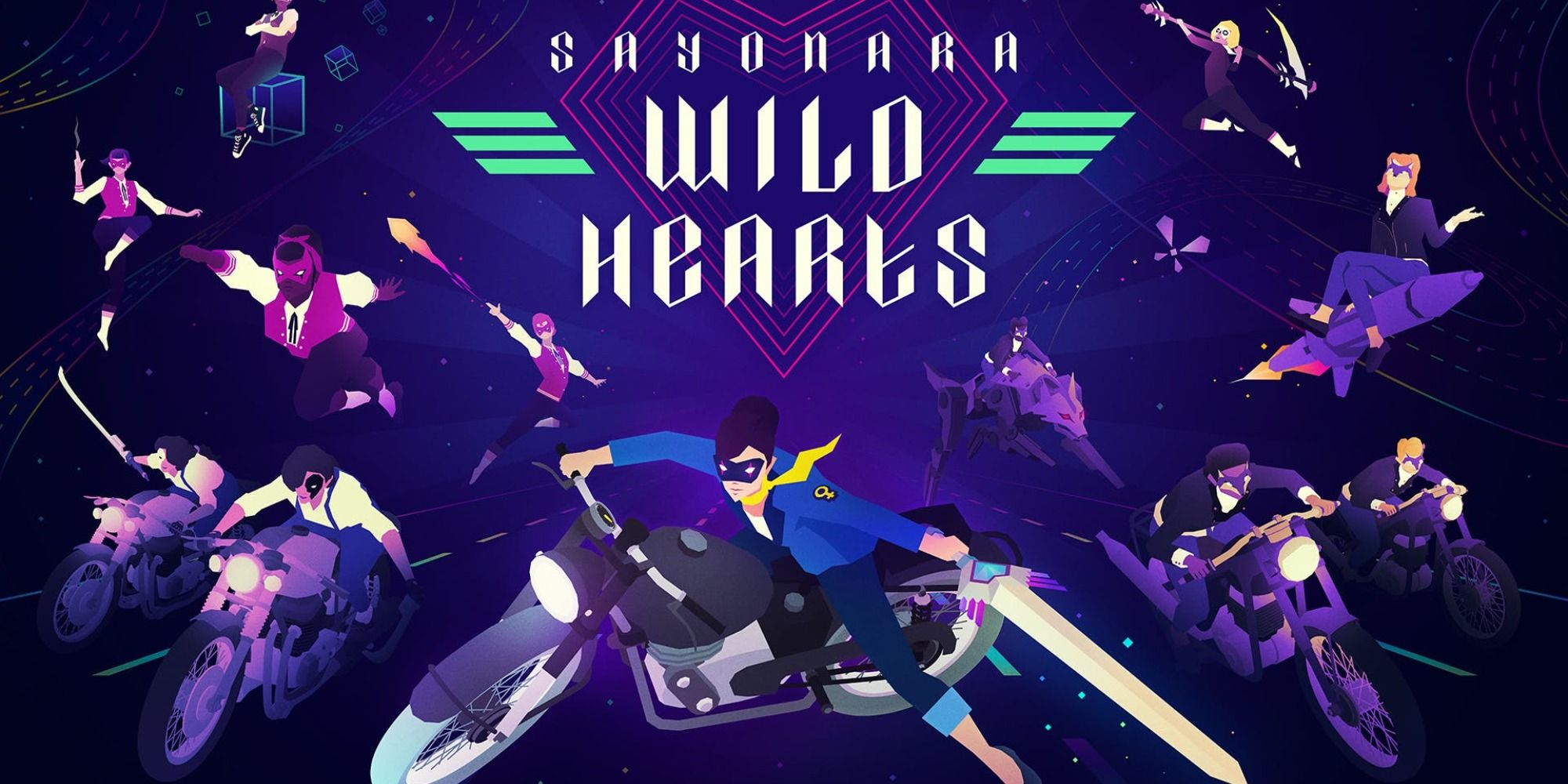The human condition can be tricky. Life can be pretty overwhelming and self-doubt can quickly set in. Occasionally, we all need to be reaffirmed. Certain works of art can uplift us, give us confidence, or reframe the way we see a situation. Of course, video games are more than capable of performing this task as well. In fact, due to their interactive nature, they can excel at it.
These self-affirming games are more than just titles with happy endings. They depict journeys through difficult times. They are about coming to terms with who you are. Sometimes, they are about confronting yourself. And more often than not, they focus on themes of forgiveness, acceptance, and love.
10 Tetris Effect
Tetris has never been a particularly emotional experience (unless you count the nervous feeling of dread as your board fills up), but Tetris Effect is not your typical Tetris experience. The majority of the game feels serene. Almost meditative.
As you conclude your time with Tetris Effect, you are treated to a final song that is both encouraging and riveting. As bizarre as it sounds, once you complete the final stage, and are greeted by the cosmos, surrounded by the sounds of nature, and the lyrics cry out that "everything you need is waiting for you," it is hard to not feel emotionally uplifted.
9 Breath Of Fire: Dragon Quarter
For all the ways Dragon Quarter diverges from the traditional RPG, one of the most interesting can be found in its plot structure and themes. This is a game about ascending. You start in the bowels of a bleak, depressing, industrial world. Your primary goal is simply to escape to the surface.
So, throughout your adventure, you climb. You ascend through the world, battling a corrupt nobility in the process. Ultimately, when you crack the surface and are greeted by lush greenery, it is hard to not feel gratified in a way that few games are able to deliver.
8 Owlboy
This indie gem is an often light-hearted story of a young owl boy (named Otus) who, unlike his peers, struggles to fly. However, despite what you may expect, this is not the story of Otus learning to fly. Instead, this is a game where Otus overcomes his limitations through persistence and resilience. That is the primary theme of Owlboy: pushing through hardship and persevering.
Owlboy starts with Otus being confronted by misshapen shadows. These shades judge and criticize him cruelly. At the end of the game, though, the shadows are reformed, taking on recognizable figures. Their words become warm and welcoming. We realize that the shadows from the opening were how Otus perceived himself. In the end, he overcomes that internal critical voice. Owlboy is a game about accomplishment and achievement and earning your own respect.
7 Hellblade: Senua's Sacrifice
In Senua's Sacrifice, Senua must overcome her own personal demons. This is a game where the internal is external. What is metaphorical, and what is literal, is completely up to your own interpretation. Senua's Sacrifice is a game that is both about dealing with loss and overcoming a traumatic past.
Throughout the game, Senua will descend into darkness, but inevitably emerge victorious over it. There is an element here that feels therapeutic. It is emotional, and at times somber, but the game ends on a note of triumph.
6 Undertale
When Undertale was released, it was nothing short of a cultural phenomenon. This often goofy adventure through the underground world of monsters comes across as being a pretty lighthearted affair. However, while Undertale likes to laugh at its own expense, and has a number of running jokes about the thematic elements of persistence, it is also disarmingly sincere at its core. It is a game that is deeply interested in confronting ideas of compassion.
Undertale can be played like a traditional RPG, where you battle your way through to the end, but it also provides a way for you to work through the game while being mindful of others and their needs. Throughout the game, you confront monsters exclusively, yet they are more human than many games where the opposite is true. Once you have cleared Undertale through a passive run, you will leave feeling determined.
5 Night In The Woods
As likable, witty, and fun as Night In The Woods' Mae may be, she is also unquestionably having a hard time. She is struggling to connect with her mother, she has recently left her post-secondary education behind (unceremoniously), and her friends are struggling with the realities of adulthood. Mae is an extremely fallible character, trying to make her way through a world that is rapidly changing.
It is a story many people will be able to relate to, as most of us have been the screw-up at some point in our lives. Mae's characterization, and her emotional journey, are what lends it the veracity that it has. Mae may be a cat, but she is also more human than the majority of characters in fiction. We experience catharsis through her. As she pieces things together, and as she grows, we grow with her.
4 Gone Home
Gone Home is a game about embracing who you are. While the player assumes the role of Katie, it is Samantha who is truly the central protagonist of the story. The story unfolds through notes, messages, recordings, as well as other context clues encountered throughout the house. The primary plot thread ends up revolving around Sam and her coming to terms with her sexuality.
While Gone Home can, at times, feel a tad menacing (especially when you first arrive home), ultimately, the game ends with a message of hope. It is a game about embracing yourself and accepting who you are. Gone Home wants you to know that you do deserve love.
3 Journey
As many probably know, Journey works as an archetypical retelling of every adventure game that has ever been told, stripped down, and served on a gorgeous platter. There is little in the way of an explicit story. However, at its core, Journey is about enduring and overcoming, and it feels remarkably powerful for a game that is, on its face, so simple.
What makes Journey so powerful is that it doesn't feel like something that is best understood in a literal manner. The emphasis here is placed on the sensation of achievement as you play through this aesthetic masterpiece and on the feeling of triumph you inevitably achieve by the end of it.
2 Celeste
In Celeste, Madeline is looking to fight her demons by climbing a mountain. She even encounters a (very literal) version of her own darker side along the way. Ultimately, Celeste tells a story of how you need to stop denying aspects of yourself, how you can only accomplish great things once you fully embrace who you are.
The final moments of the game are truly empowering. The inevitable metamorphosis of Madeline provides a gameplay flourish, giving this revelation a palpable feeling. This is one of the areas where Celeste excels in general, as the game has some pretty tough platforming, which helps place further emphasis on perseverance.
1 Sayonara Wild Hearts
Sayonara Wild Hearts is a visually vibrant, bombastic game featuring an absolute all-time great soundtrack. It has engaging, rhythmic, arcadey gameplay that will keep you engaged. Sayonara Wild Hearts plays like a cross between Tempest 2000 and Rez. Here the goal is to track down a number of outlaws, face them in combat, and ultimately shatter their hearts (very literally). However, there is more going on than meets the eye.
The final act of the game has you play a single level where you revisit all your previous encounters, but this isn't a boss rush. As you square off against these antagonists again, you rapidly switch perspectives between the protagonist and your opponents, becoming them for moments at a time. And this time, after you beat them, you embrace them instead of destroying them. In its final act, Sayonara Wild Hearts becomes a story about oneness and self-forgiveness with this narrative sleight of hand. It is a beautifully uplifting and poignant moment to help cap off a rich, stimulating experience.

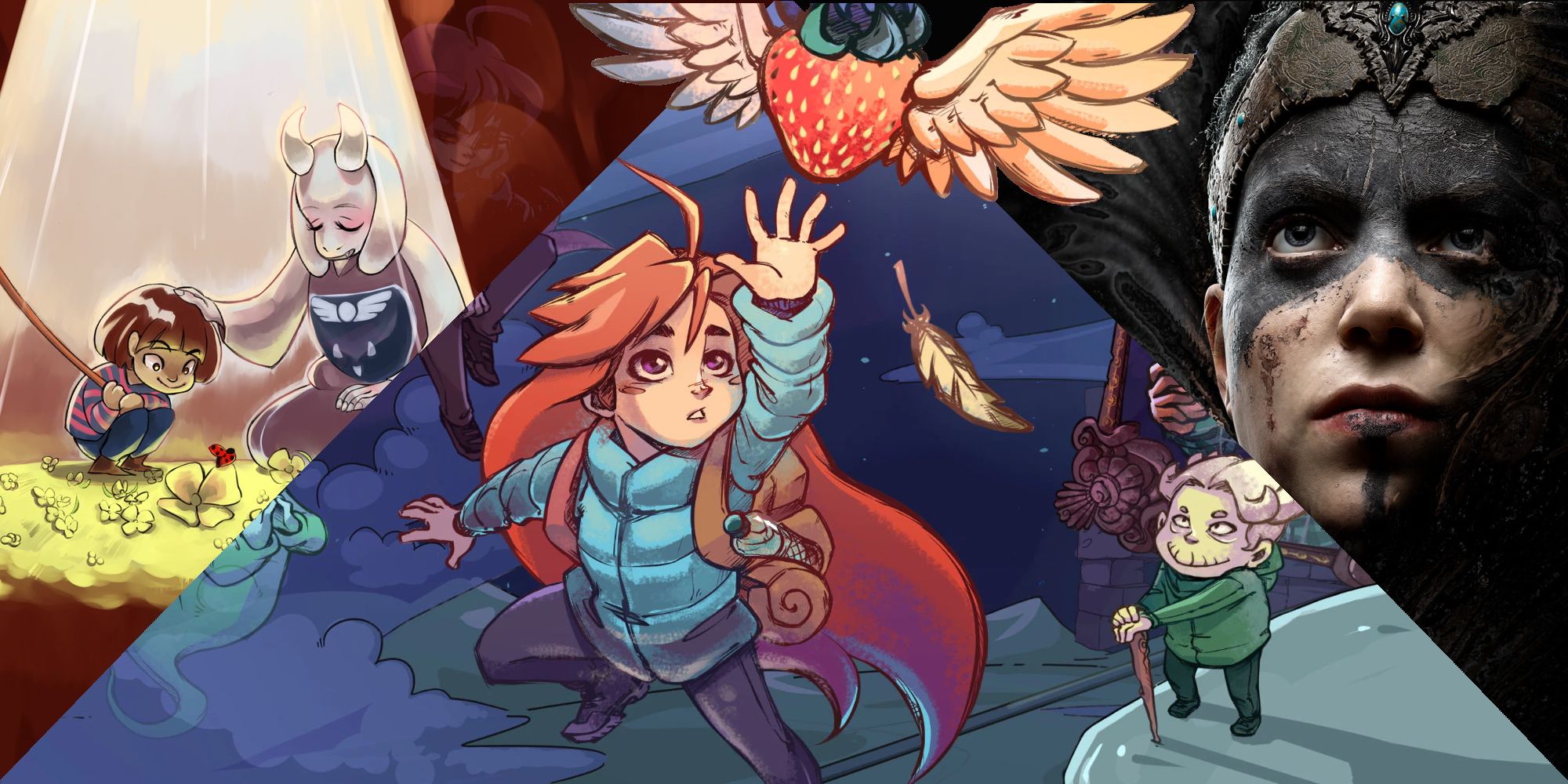
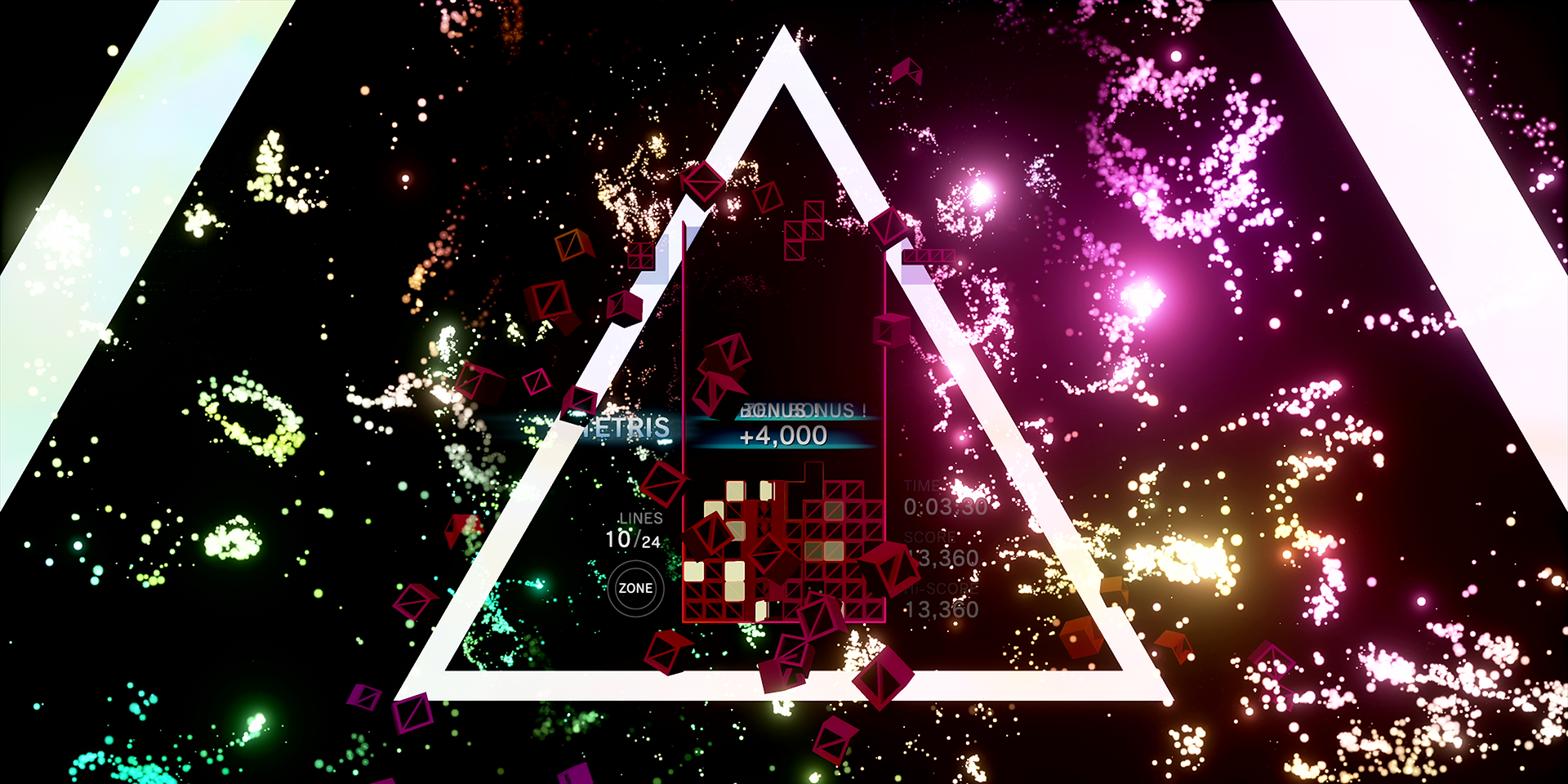
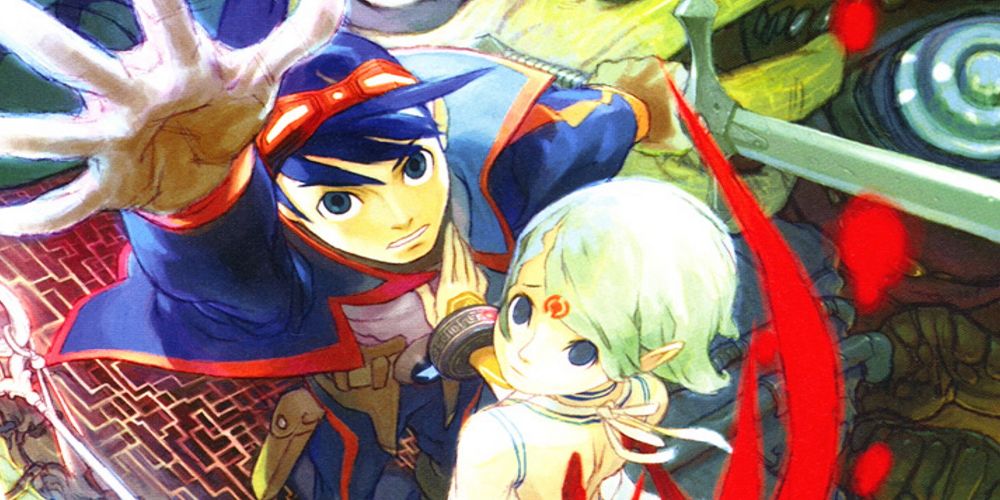
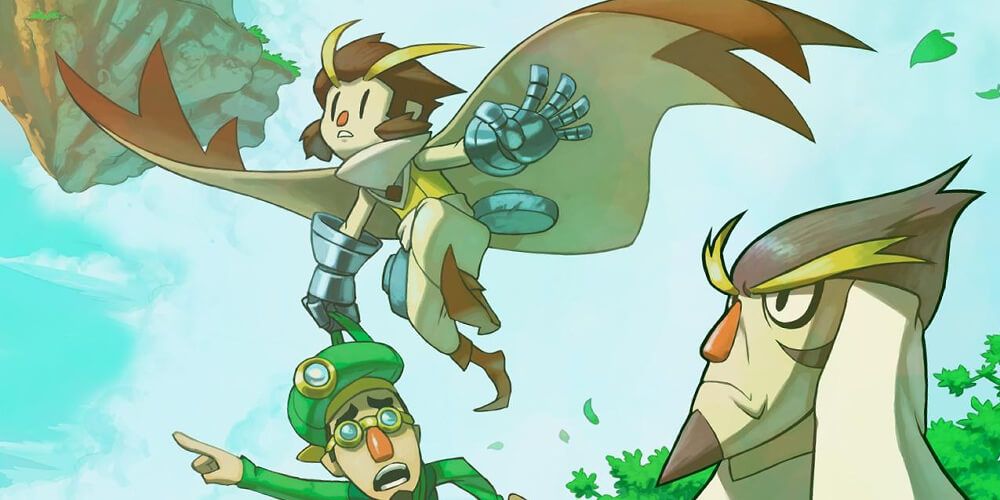
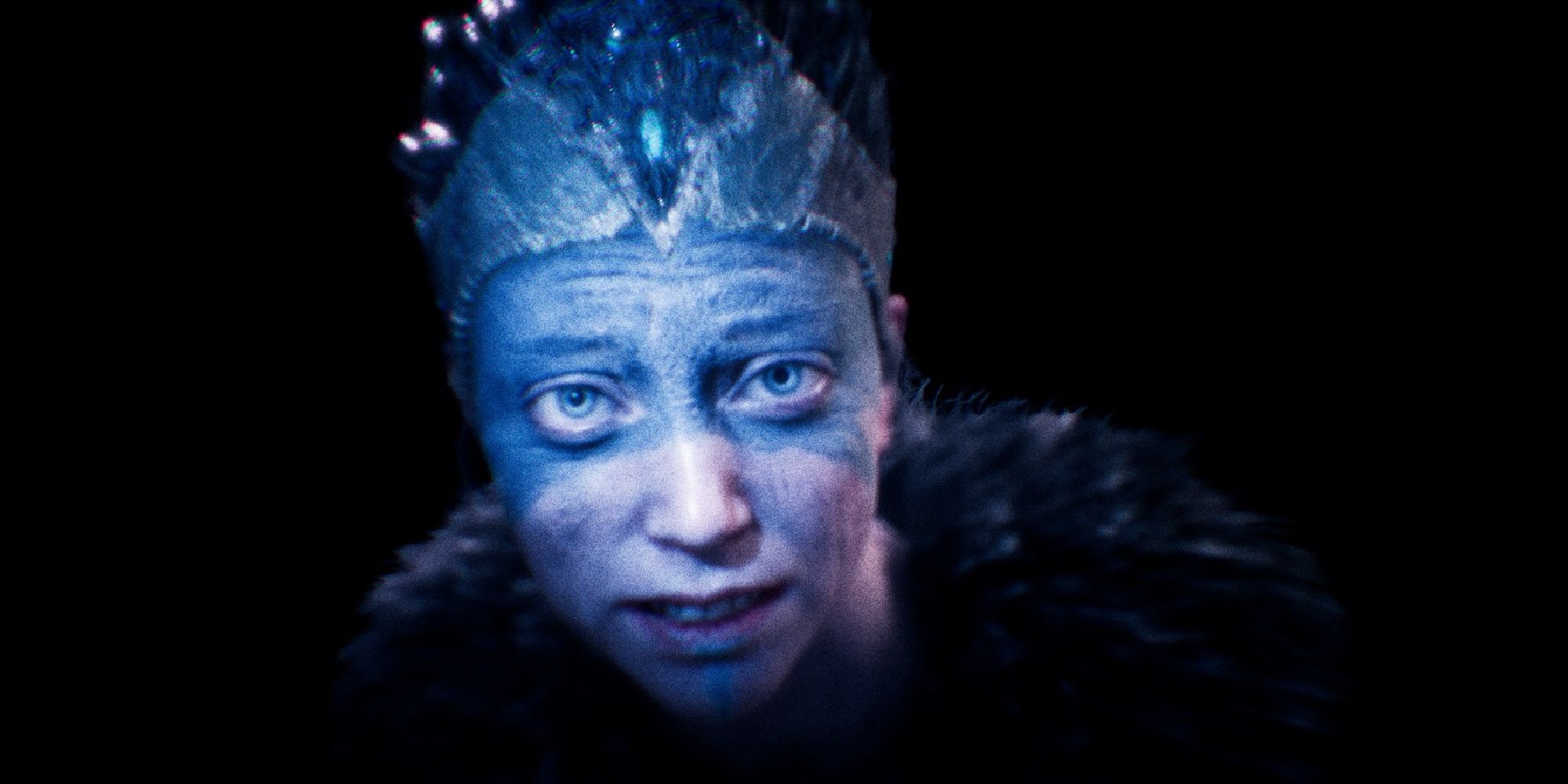
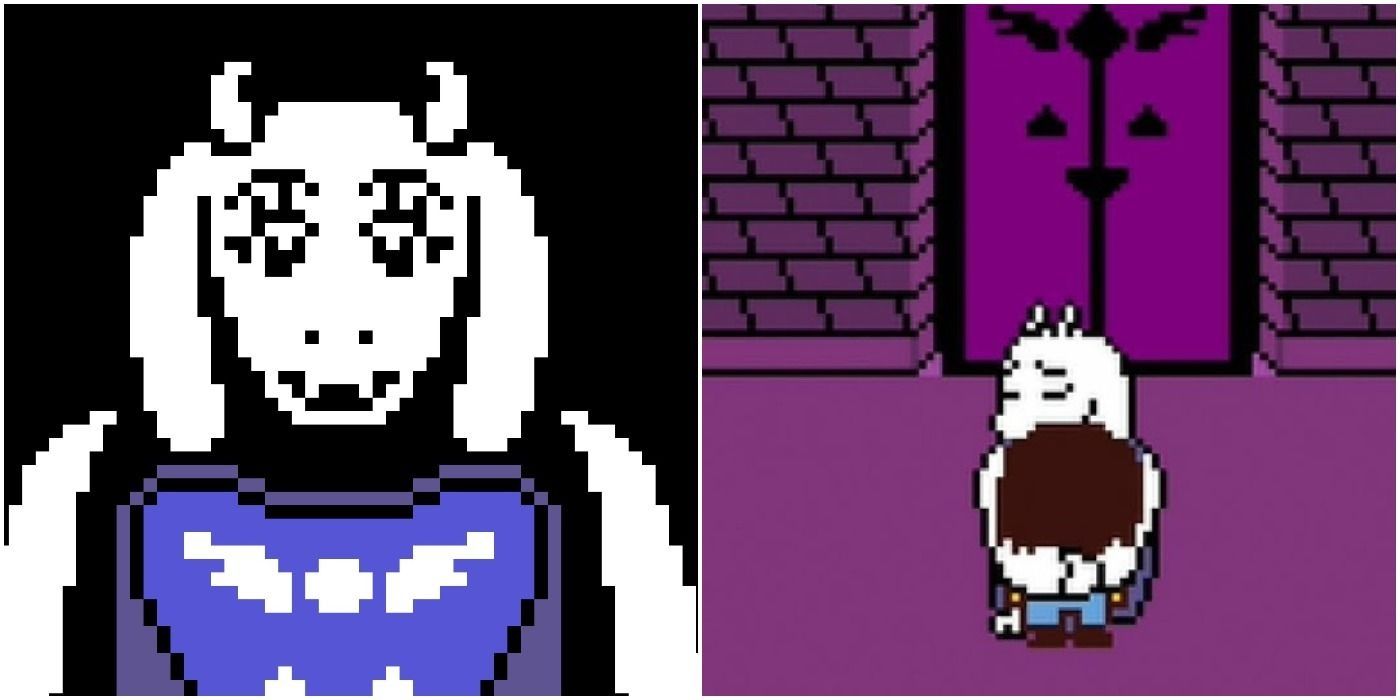
.png)
